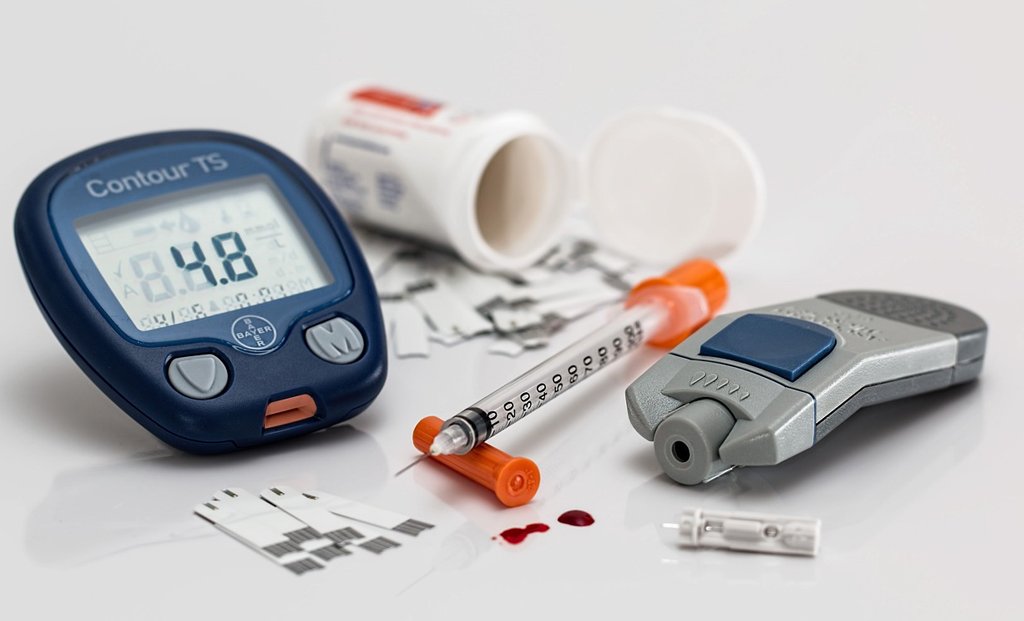New Delhi, 07 August 2025: As the COVID-19 pandemic continues to evolve, so does our understanding of how to treat it effectively and safely. In a significant move, the World Health Organization (WHO) has issued updated guidance on the use of antibiotics for COVID-19 patients. This change is rooted in growing concerns over the widespread misuse of antibiotics and the rising threat of antimicrobial resistance (AMR).
Why Did WHO Update Its Antibiotic Guidelines?
During the early stages of the pandemic, there was widespread uncertainty about the best treatment approaches. Antibiotics were frequently prescribed, even though COVID-19 is caused by a virus, not a bacterium. This often occurred in cases with mild or moderate symptoms, or where doctors wanted to avoid potential secondary bacterial infections.
However, recent research shows that bacterial co-infections in COVID-19 patients are relatively rare. The unnecessary use of antibiotics in such cases offers no benefit and contributes significantly to AMR—a looming global health crisis.
The WHO has stepped in with revised recommendations to help medical professionals make more precise treatment decisions and to protect public health long-term.
What Do the New Guidelines Say?
The WHO now clearly advises that antibiotics should not be used in mild or moderate COVID-19 cases unless there is strong clinical evidence of a bacterial infection. This guidance applies to both hospitalized and non-hospitalized patients.
For severe and critical COVID-19 cases, antibiotics may still be used, but only when bacterial infections are confirmed or strongly suspected.
Key recommendations include:
- Do not prescribe antibiotics routinely to patients with mild or moderate COVID-19.
- Consider antibiotics only for severe or critical cases where there are signs of bacterial infection (e.g., sepsis, pneumonia).
- Use diagnostic tools (such as chest imaging or blood cultures) to confirm bacterial infection before starting antibiotics.
- Stop antibiotic use if bacterial infection is ruled out.
Why Misusing Antibiotics is Dangerous
Antibiotics are lifesaving drugs when used correctly, but their overuse or misuse can lead to antimicrobial resistance. AMR occurs when bacteria evolve and become resistant to the effects of antibiotics, rendering these medications ineffective against infections they once easily cured.
This is already a growing concern globally. Each year, millions of infections become harder or impossible to treat because of AMR, leading to longer hospital stays, higher medical costs, and increased mortality.
The COVID-19 pandemic created a perfect storm for antibiotic misuse—overcrowded hospitals, a rush to treat patients, and limited access to diagnostic tests. The new WHO guidelines aim to address this and prevent further damage.
When Are Antibiotics Actually Needed in COVID-19?
There are a few situations where antibiotics are still considered appropriate in the context of COVID-19:
- Confirmed bacterial pneumonia: COVID-19 patients may develop secondary bacterial pneumonia, especially during prolonged hospital stays.
- Sepsis or other life-threatening bacterial infections: These require immediate antibiotic treatment.
- High suspicion of bacterial co-infection: Clinical signs, elevated biomarkers like procalcitonin, or imaging may suggest a bacterial cause.
In all other cases, particularly in patients recovering at home or experiencing mild symptoms, antibiotics are not needed and should be avoided.
WHO’s Call for Global Action Against AMR
The WHO’s updated guidance is part of a larger global strategy to tackle AMR. The organization urges governments, healthcare providers, and the public to:
- Invest in antibiotic stewardship programs across hospitals and clinics.
- Improve access to diagnostic testing so that infections can be properly identified before treatment.
- Educate healthcare workers and the general public about the dangers of unnecessary antibiotic use.
- Regulate over-the-counter sales of antibiotics to prevent self-medication.
Without urgent action, AMR could become one of the leading causes of death worldwide by 2050.
What This Means for Patients
If you or a loved one is diagnosed with COVID-19, it’s important to trust the judgment of healthcare professionals. If antibiotics are not prescribed, it’s likely because they are not necessary and will not help with recovery.
Instead, the focus should be on:
- Rest and hydration
- Monitoring symptoms
- Taking antivirals or other supportive care if recommended
- Isolating to prevent spreading the virus
Patients should never self-medicate with antibiotics or demand them unnecessarily from doctors.
Antibiotics Must Be Protected
Antibiotics are among the most powerful tools in modern medicine. They treat infections, enable surgeries, and support cancer care. However, if resistance continues to grow, we could enter a post-antibiotic era where even minor infections become deadly.
WHO’s updated guidance is a critical step in protecting these valuable drugs. It emphasizes evidence-based care, preserves antibiotic efficacy, and ensures better outcomes for COVID-19 patients
The WHO’s revised recommendations on antibiotic use in COVID-19 treatment send a clear message: use antibiotics only when truly necessary.
This is a move towards safer, smarter healthcare and a world better equipped to deal with pandemics—without compromising the tools we rely on to fight infections.







